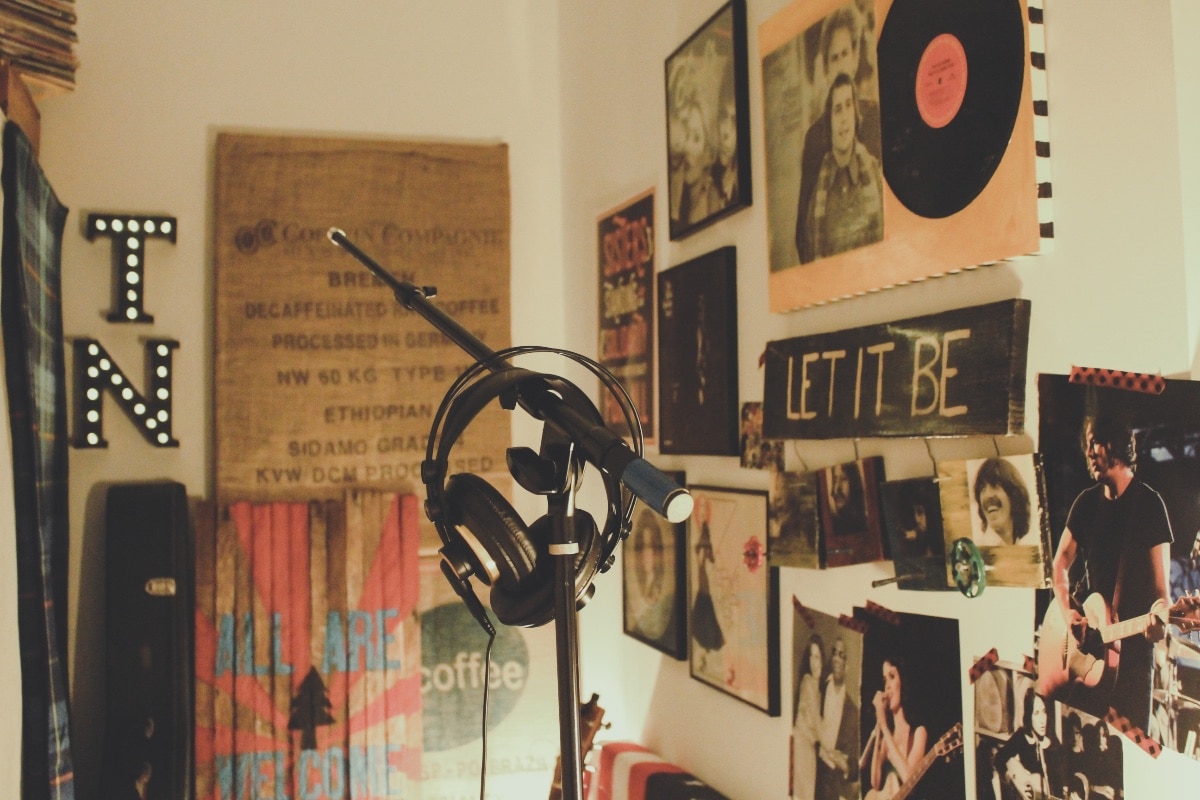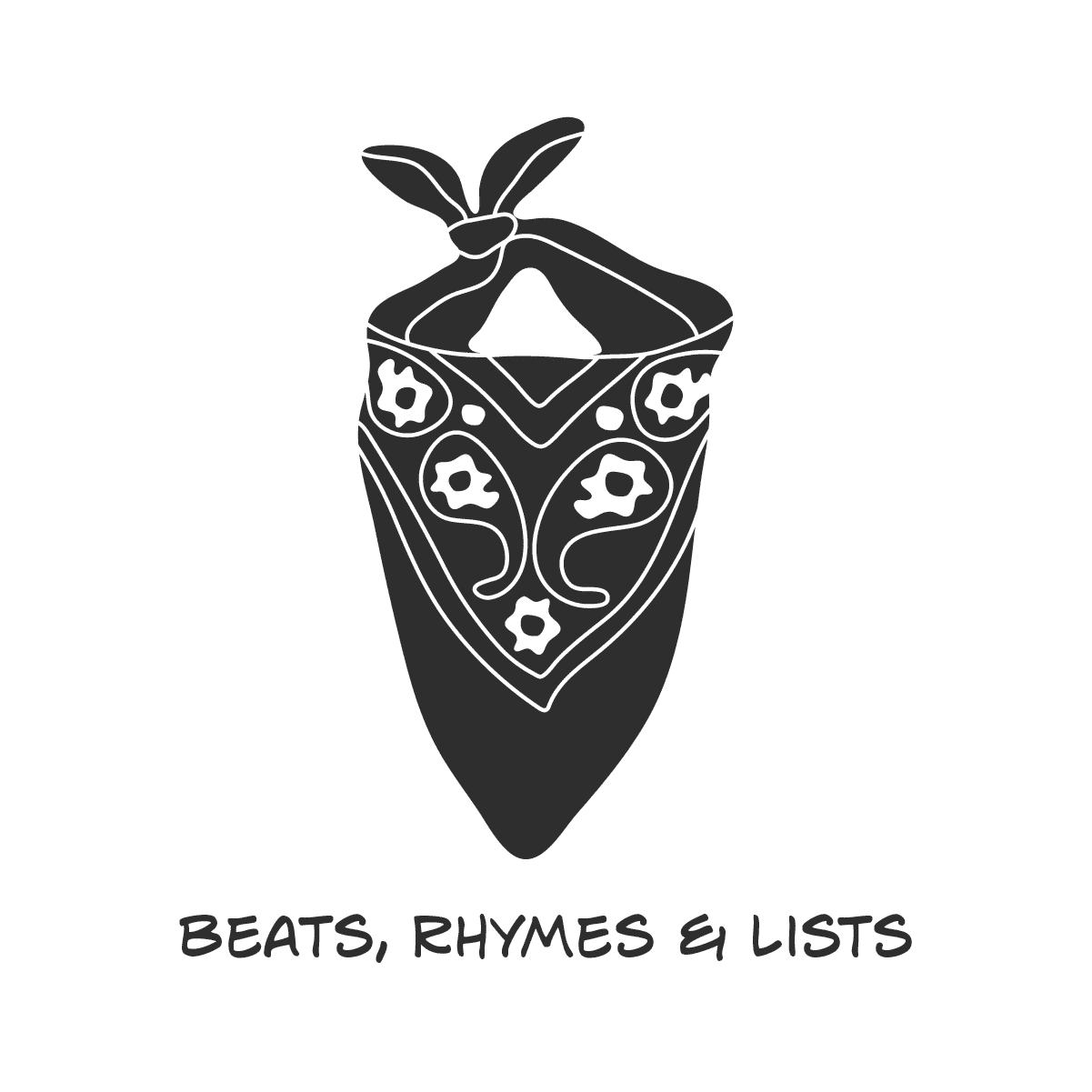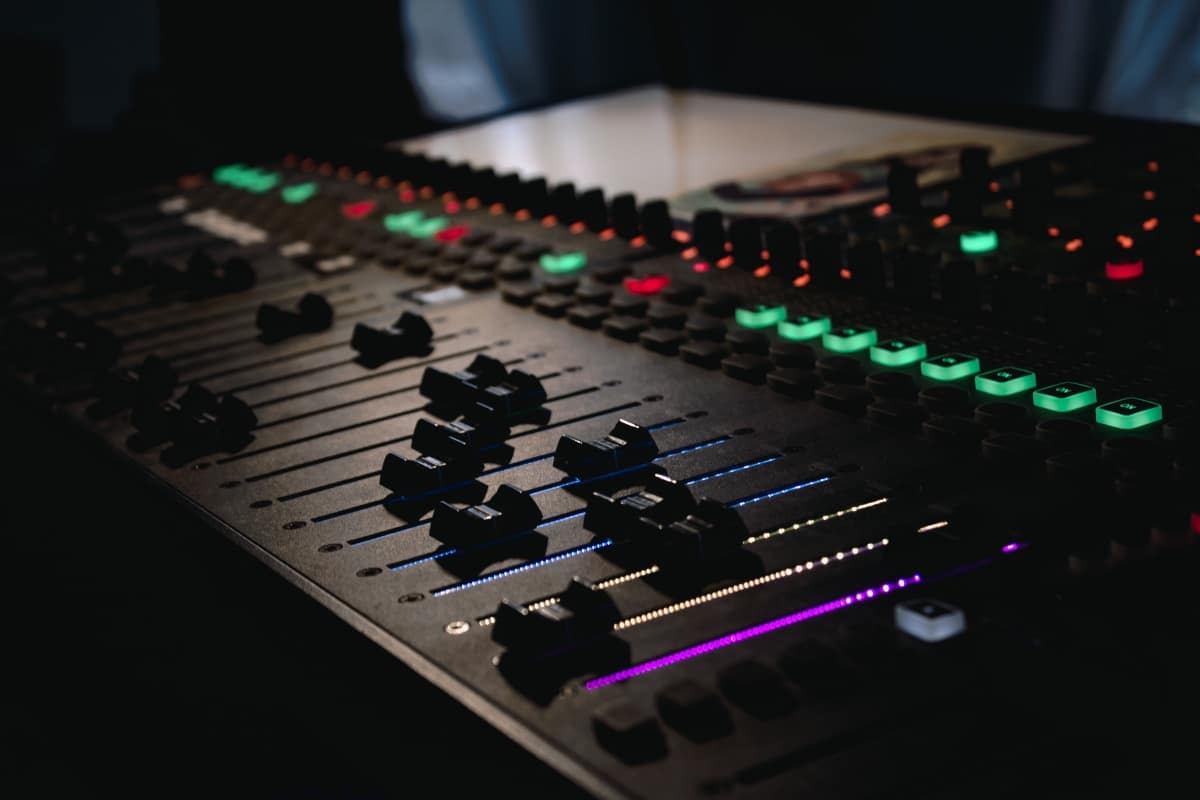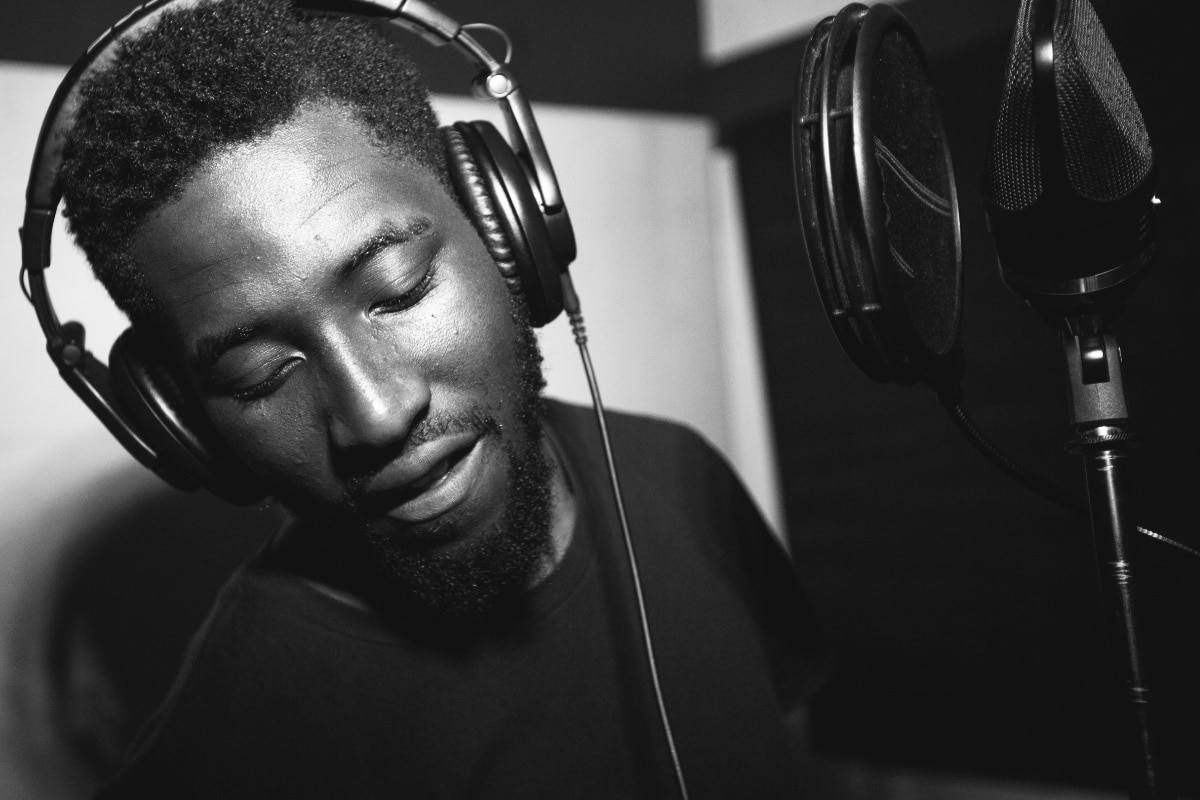For many independent hip hop artists today, the concept of getting involved with a major record label is steadily losing its appeal.
In the great debate of staying on your independent grind vs. signing to a major label, the trend seems to be heading towards the indie space, especially when up-and-coming rappers are watching success stories like Chance The Rapper and Tech N9ne. Even Jay-Z started out by setting up Roc-A-Fella as an independent record label.
Instead of feeling this way, though, many artists are beginning to take the problem into their own hands and create a far more able solution – creating their own independent record label. In this article we’ll take a look at why you might want to do that, and how it can save you a tonne of time and energy being wasted along the way.
Starting up your own independent record label
Most of you probably don’t have a clue why someone would want to make their own record label – is that not just more stress and more shit to deal with? Well, if you only look at the most basic format, then yeah.
However, the main reason for doing this is actually quite simple – freedom. You’ll lack the budget and the control of a big name major record label but you can give both yourself and other independent artists a chance to get started and make a name for themselves. For this reason alone, plenty of people have turned to independent record label creation to kick-start their own careers.
So, what do you need to consider if you want to go down this route?
Arranging the business structure
Whilst your record label needs to have a defined group of artists that it will try and promote and connect with, arranging the business structure is all about setting up a strong and cohesive business plan.
This should include key details such as revenue forecasts, potential competition, all potential expenses, the products being offered, long-term goals and what your monthly overheads will be to begin with.
There’s a lot to cover in a good business plan but it will help you make sure that your case is clear and defined when you inevitably have to go source financial assistance.
You might have the money to start yourself, but most won’t. Therefore, having a strong business structure in your plan will help secure your funding.
Your business will typically be one of three modes – sole trader, a partnership or a limited company. You’d best do some major reading into all three; most indie record groups will go for the latter, though.
You’ll need to put up accounts that the public are entitled to look into and you’ll have to work with an accountant all the time, but it’s the most legitimate route to success.
Handling tax
Whilst you don’t need to handle your tax on your own, an accountant will and they have to be paid – usually a lot.
You’ll need them to do your tax returns with/for you and you’ll also need to get a lawyer in as soon as you can to make sure that contracts for artists and the like are all watertight.
This stuff costs and is the major factor that stops most people dead in their tracks from trying this kind of venture.
Don’t let it put you off, though! Handling tax is something you merely need to pay for thanks to accountants.
Legal considerations
That’s right, running your own record label comes with an armada of legal problems that you need to content with. Here are just some of the things you might need to consider in terms of your legal situation:
- Handling contracts – Artist contracts need to be clear on things like royalty rates, how many albums or singles per deal and how much you will be laying out on marketing for that person. Get a favourable copyright clause in here nice and early, too – you’ll need it!
- Licensing – All good record labels handle this properly. This is basically that the artist allows you to promote the product on their behalf, helping you avoid things like development costs.
- Advances – As a producer contract holder you’ll need to arrange details on things like setting up advances for artists, recording budgets, session musicians and equipment.
- Clearance – You need to go and speak to any artist who you might want to use a sample of their song within your track. A failure to do this can leave you in major hot water so it’s worth paying the royalties to avoid, y’know, jail.
- Publishing – Publishing deals are a pain in the ass but they are needed. You’ll need to have a publishing company setup that can handle things like PRS and royalties as well as cover fees and sync income. You can outsource this to bigger names in exchange for a cut.
- Agreements – Band agreements and the like have to be set up quickly s they will ensure that everything from budgets to band names are clarified in a watertight contract.
- Consent – You need to have full consent to use artwork, materials, trademarks and everything else associated with your work. Everything needs to have the OK from the right people so draw up a consent contract ASAP.
- Trademarks – You can’t just use trademarked goods, and you’ll want to make sure you trademark your own to avoid this happening to you. Also, work with a legal mind to build up smart copyright notices for all of your products. This is the style that stops you getting hoodwinked and losing your stuff because you never secured it properly.
Distribution for your music
This is one of the main jobs of your record label for your artists – you need to help them distribute and get them heard and then into stores to be sold.
Distributors will help you move your music from the studio into stores and you’ll need to find a distributor that you can trust to do the best job possible. However, you need to look into both physical and digital distribution as both have exploded in recent years.
Make sure you get talking to some distributors later on down the line, but first concentrate on building up a bit of a good name for yourself. Build some buzz through radio play, touring and press releases – eventually, though, you will need to tap into the world of distribution.
Also, consider the A&R side of things – this is Artists & Repertoire. This means hunting down new talent for your label as well as scouting the next big thing. This is major fun and can help you find great talent for your label.
Sort out your publishing
Another majorly important part of production comes from publishing. Publishing companies handle things like royalties and make sure that playback of artists tunes is rewarded in the right way.
They play a major role in helping you make sure that your artists are being heard and then paid the right level of income.
Be sure to take this into account as you move forward with your company as a failure to adapt to this will seriously hurt you later on. Have a thorough read of our guide on understanding music publishing for independent artists before moving forward with your next steps.
Branding and marketing
As any successful independent rapper would know: your product quality can only take you so far, to truly make it in the rap game, you need to have powerful marketing to promote your brand and music.
Branding, like in any company, is a major factor in your chances of being a genuine success here. Branding and design are a major factor of making this work and given that you are now a brand as much as anything else, you have to be prepared to adapt to this.
Marketing is a vital sector of your future so you need to look at things such as:
- Logo – how do you look? Your logo appears on everything from your website to business cards and merchandise so it has to be catchy and authentic. It also needs to reflect your business itself – does this showcase the very best of what you are all about? You should strongly consider hiring a professional graphic designer to help you with this.
- Press – You need good press kits so that those writing articles about your business have plenty of information, images and similar that they can tap into for easy usage. Make sure that press kits are succinct and don’t read like a sales brochure. Make them quick to read through and authentic for the maximum level of positive response moving forward.
- Biographies – Make sure everyone knows who you are and who your artists are. A brief blurb on everyone can really help branding keep moving along nicely.
- Contact info – This is obviously a vital factor but every bit of branding you do should be littered with easy to find contact details.
Build your own platform
With so many social media channels and streaming platforms out there, it’s easy for independent artists to rely on those services to promote their brand and distribute their music.
But as we’ve said time and time again, building your own platform is the single most important investment that an artist can make for their career.
Having your own website means you:
- Own, control and manage everything – from the design to the content to the community
- Have a central online hub that you can send all your fans to keep them updated on new music, tour schedules and updates
- Create an online merchandise shop to sell your products
- Collect audience data from people who visit so you can tailor your marketing to them.
As you can see, there is a huge amount of consideration needed to set up your own independent record label.
But if you’re an artist who is willing to put in the work, spend the time, make the monetary investment and build your own company – then take that chance and go for it!
Even in failure, you’ll learn plenty of useful lessons that will make you stronger and better prepared for the rest of your life.
